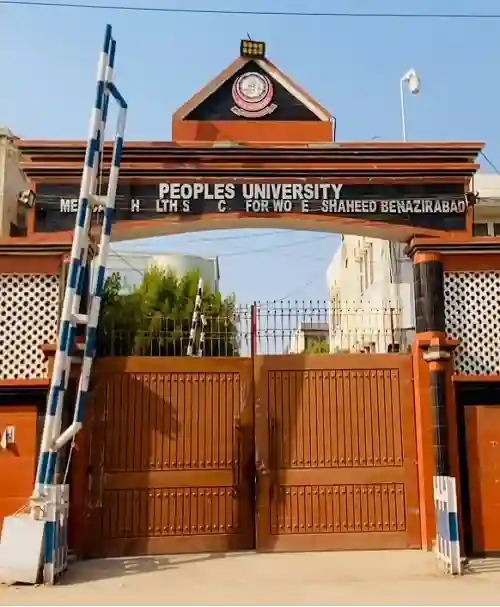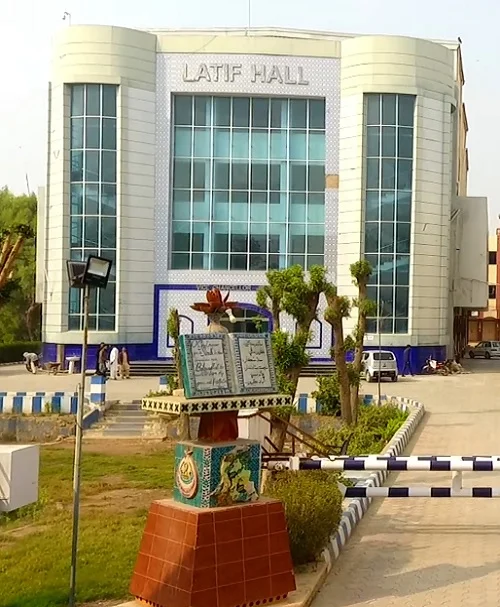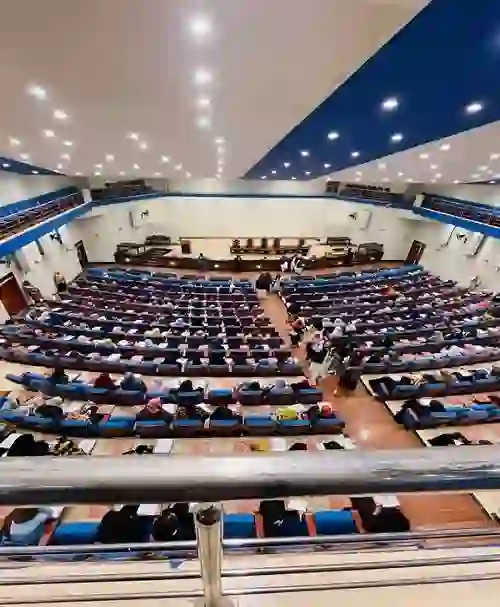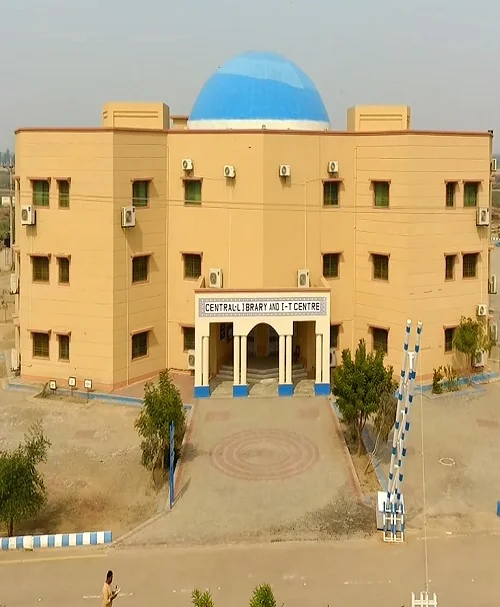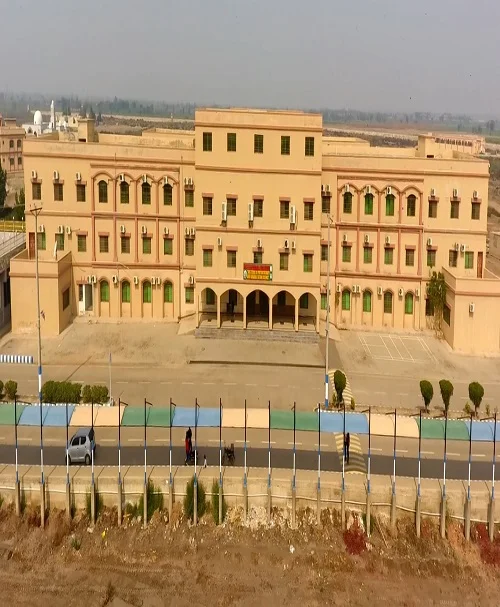Function & Responsibilities
Student societies under the Office of the Director of Student Affairs typically include a wide range of groups that cater to diverse interests, cultural backgrounds, academic disciplines, and social causes. These societies often play a significant role in enriching the student experience, fostering community, and developing leadership skills. Here are some common types of student societies you might find:
Types of Student Societies:
1. Academic and Professional Societies:
• Departmental Clubs: Groups related to specific academic departments, such as biology club, history society, or engineering club.
• Professional Associations: Chapters of national or international professional organizations, like the American Medical Student Association (AMSA) or the Institute of Electrical and Electronics Engineers (IEEE).
• Honor Societies: Organizations recognizing academic excellence, such as Phi Beta Kappa or Sigma Xi.
2. Cultural and International Societies:
• Cultural Clubs: Groups representing various cultural and ethnic backgrounds, such as the Asian Student Union, Black Student Union, or Hispanic Society.
• International Student Associations: Societies that support and represent international students, offering cultural exchange events and resources for navigating life in a new country.
3. Social and Recreational Societies:
• Recreational Clubs: Groups focused on hobbies and leisure activities, like photography club, hiking club, or gaming society.
• Social Organizations: Clubs that organize social events and gatherings, such as the Campus Social Club or University Party Planning Committee.
4. Political and Advocacy Groups:
• Political Organizations: Groups representing various political ideologies, such as College Democrats or College Republicans. • Advocacy and Activism Groups: Organizations focused on social justice, environmental issues, human rights, and other causes, like Amnesty International or Students for Environmental Action.
5. Arts and Performance Societies:
• Theater and Drama Clubs: Groups dedicated to producing plays, musicals, and other performances.
• Music Societies: Bands, orchestras, choirs, and other musical groups.
• Dance Clubs: Societies that focus on different forms of dance, from ballet to hip-hop to cultural dance forms.
6. Service and Volunteer Organizations:
• Community Service Clubs: Groups dedicated to volunteer work and community service, such as Habitat for Humanity or Rotaract Club.
• Philanthropic Societies: Organizations that raise funds for various causes, like Relay for Life or UNICEF Campus Initiative.
7. Religious and Spiritual Societies:
• Faith-Based Groups: Societies representing different religious traditions, such as the Muslim Student Association, Christian Fellowship, or Hillel for Jewish students.
• Interfaith Councils: Groups that promote dialogue and cooperation among different religious communities on campus.
8. Special Interest Groups:
• LGBTQ+ Societies: Groups supporting and advocating for LGBTQ+ students, such as Pride Alliance or Queer Student Union.
• Technology and Innovation Clubs: Societies focused on tech and innovation, like the Robotics Club or Hackathon Organizers.
Types of Student Societies:
1. Academic and Professional Societies:
• Departmental Clubs: Groups related to specific academic departments, such as biology club, history society, or engineering club.
• Professional Associations: Chapters of national or international professional organizations, like the American Medical Student Association (AMSA) or the Institute of Electrical and Electronics Engineers (IEEE).
• Honor Societies: Organizations recognizing academic excellence, such as Phi Beta Kappa or Sigma Xi.
2. Cultural and International Societies:
• Cultural Clubs: Groups representing various cultural and ethnic backgrounds, such as the Asian Student Union, Black Student Union, or Hispanic Society.
• International Student Associations: Societies that support and represent international students, offering cultural exchange events and resources for navigating life in a new country.
3. Social and Recreational Societies:
• Recreational Clubs: Groups focused on hobbies and leisure activities, like photography club, hiking club, or gaming society.
• Social Organizations: Clubs that organize social events and gatherings, such as the Campus Social Club or University Party Planning Committee.
4. Political and Advocacy Groups:
• Political Organizations: Groups representing various political ideologies, such as College Democrats or College Republicans. • Advocacy and Activism Groups: Organizations focused on social justice, environmental issues, human rights, and other causes, like Amnesty International or Students for Environmental Action.
5. Arts and Performance Societies:
• Theater and Drama Clubs: Groups dedicated to producing plays, musicals, and other performances.
• Music Societies: Bands, orchestras, choirs, and other musical groups.
• Dance Clubs: Societies that focus on different forms of dance, from ballet to hip-hop to cultural dance forms.
6. Service and Volunteer Organizations:
• Community Service Clubs: Groups dedicated to volunteer work and community service, such as Habitat for Humanity or Rotaract Club.
• Philanthropic Societies: Organizations that raise funds for various causes, like Relay for Life or UNICEF Campus Initiative.
7. Religious and Spiritual Societies:
• Faith-Based Groups: Societies representing different religious traditions, such as the Muslim Student Association, Christian Fellowship, or Hillel for Jewish students.
• Interfaith Councils: Groups that promote dialogue and cooperation among different religious communities on campus.
8. Special Interest Groups:
• LGBTQ+ Societies: Groups supporting and advocating for LGBTQ+ students, such as Pride Alliance or Queer Student Union.
• Technology and Innovation Clubs: Societies focused on tech and innovation, like the Robotics Club or Hackathon Organizers.


